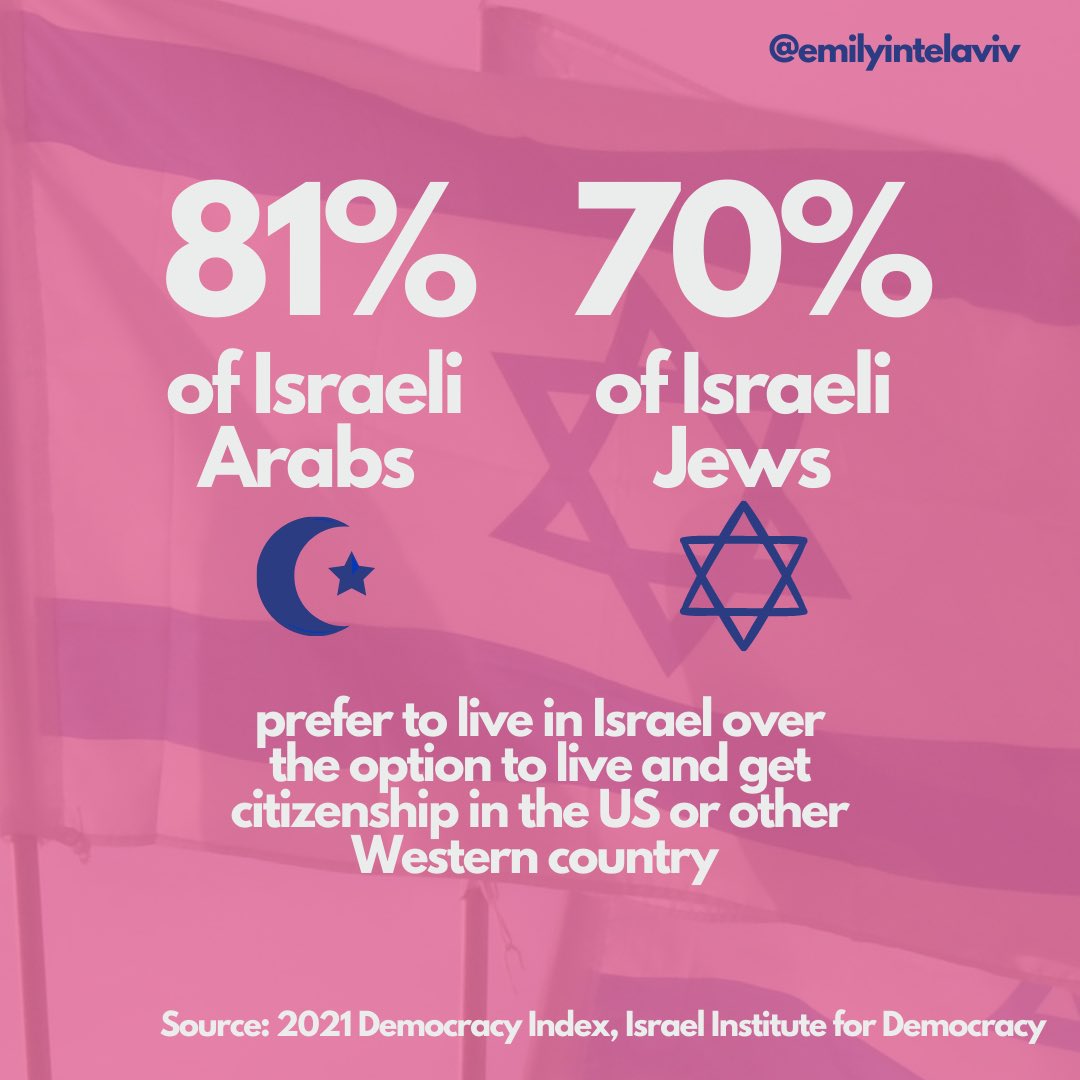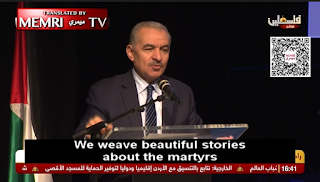Gunman holds hostages at synagogue in Texas
A rabbi and three others were taken hostage mid-Bar Mitzvah at the reform Beth Israel Synagogue in Colleyville, Texas on Saturday by a gunman who said he was the brother of Pakistani Aafia Siddiqui, who is serving an 86-year prison sentence for killing an FBI agent.
The gunman demanded to meet with his sister in negotiations with the FBI as well as have her released.
Colleyville Police first warned the public of the situation at 11:30 a.m. local time. Another tweet two hours later updated that the hostage situation was still in progress.
Apparently Aafia, a known terrorist, has friends in CAIR and Linda Sarsour who have actively campaigned for her release. #colleyville pic.twitter.com/NxoNAAW1R8
— Emily Schrader - אמילי שריידר (@emilykschrader) January 15, 2022
And then there is of course #CAIR @CAIRNational, which openly incited violence against Jews and Jewish places of worship! #Colleyville https://t.co/IlsoDNr8se pic.twitter.com/VMQ5haDPIC
— Arsen Ostrovsky (@Ostrov_A) January 15, 2022
Morton Klein: The dangers of an Arab state are still true - opinion
On March 3, 1999, the great then-US senator from Florida, Connie Mack, gave an important speech on the floor of the Senate, describing the Palestinian Authority leadership’s incitement, in schools and media, of hatred, terrorism and annihilation against Jews and Israel.Gantz-Abbas Meeting Strengthens PA Ahead of ‘Changing of Guard’
It’s worthwhile revisiting senator Mack’s speech – because it spelled out the root of the problem that has grown even worse today.
Mack asked the key question: “How is it possible to engage in peace negotiations with people who maintain the right to obliterate you, who are filled with hatred toward you, and who harbor the dream of one day destroying your homeland? Peace is a matter of the heart. But what I saw, which was the outcome of the Palestinian Authority rule, convinced me that their hearts and minds are set on other goals. The Palestinian leadership does not want peace. They want to use their state to eliminate the State of Israel.”
The senator wisely concluded: “[I]f the Palestinian leadership fails to abandon incitement of hatred, persecution, and terrorism, then we are all dreaming, only dreaming [of peace], and our President’s behavior must be labeled foolish appeasement. There will not be peace until hearts and minds are changed, and we must focus our attention on these issues.”
Mack demonstrated how the PA teaches children to hate Jews. For instance, a Mickey-Mouse style program on PA-controlled television showed a young girl of six or seven years old emotionally singing “When I wander into the entrance of Jerusalem, I’ll turn into a suicide warrior in battledress, in battledress, in battledress.” Mack reminded the Senate “this is a program that was produced by the people [the Palestinian Authority] who are... supposedly negotiating peace... How would you feel if your government was teaching your children to hate? Could you conclude that they were serious about long-term peace with their neighbors?”
Mack also described PA textbooks’ incitement of hatred toward Jews. A third-grade grammar textbook teaches that the “Zionist enemy” attacks “civilians” with aircraft. A seventh-grade textbook says that Jews hate Muslims and cause division among Muslims, and asks students to give examples of the “evil attempts of the Jews” today. Note that these school textbooks specifically talk about Jews – belying the fiction that the PA “only” opposes “Israelis.”
Mack also noted that a just-published 12th-grade history book taught: “The clearest examples of racist belief and racial discrimination in the world are Nazism and Zionism.” The senator reflected: “One would expect, rather than focus on hatred, if they [the Palestinian Authority] were serious about peace, they would focus on how the two peoples are working to live side by side.”
Palestinian sources also said that Abbas called on Gantz to reverse the decision to ban the Palestinian NGOs, reduce tensions in both eastern Jerusalem and the West Bank, and return the bodies of Palestinian terrorists killed carrying out attacks.New US envoy says ‘absolutely won’t’ visit settlements, to avoid inflaming tensions
And indeed, the meeting saw Israeli steps taken subsequently to reduce tensions, including the decision to allow 6,000 West Bank residents and 3,500 Gazan residents into the Palestinian population census, thereby assisting people who had no defined resident status until now.
Israel also agreed to facilitate early payment of taxes it collects for the PA, to the tune of NIS 100 million, and to provide 600 entry permits to Palestinian businesspeople. Senior PA officials have been promised VIP permits granting them free travel.
The PA is also set to benefit from a new Israeli pilot program that allows shipping containers to enter from Jordan via the Allenby Crossing, and the creation of an online platform for Israeli employers to pay Palestinian employees. The online system will lead to a rise in bank transfers, and the PA is expected to make some NIS 40 million per month in taxes from this.
Palestinian opposition elements, meanwhile, fiercely criticized Abbas, since they perceived the meeting as a tool for tightening security coordination with Israel.
Hamas operatives published a cartoon that showed Abbas as a pathetic, mocked, surrendering figure, shining Gantz’s shoes. A Hamas spokesperson described the meeting as a knife in the back of the Palestinians, while a Palestinian Islamic Jihad figure said the meeting demonstrates that Abbas is a “contractor” for Israel.
In the broader historical perspective, Abbas’ meeting with Gantz is not unusual — past Israeli prime ministers such as Yitzhak Rabin, Shimon Peres, and Ehud Barak met with the late PLO chief leader Yasser Arafat in their own homes too. Yet unlike past meetings, the current meeting was held under conditions of Israeli government paralysis on the Palestinian issue.
From the Israeli perspective, the meeting was useful in further boosting security coordination, mutual confidence-building, and strengthening the PA’s position while weakening Hamas and its goal of increasing its influence in the West Bank, before going on to take over the entire Palestinian government system.
It is reasonable to assume that Israel will continue to pursue its interests in the Palestinian arena overtly and covertly in the post-Abbas era, and that means not allowing Hamas to take over, while working with both Abbas and whoever replaces him.
New US Ambassador to Israel Tom Nides said Friday that he’d never visited an Israeli settlement in the West Bank and had no plans to do so, as part of his effort as envoy not to take steps that could inflame the situation on the ground.Abbas calls off PLO parley to avoid ‘confrontation’ with Israel, US
When pressed, during his first interview with Israeli media since arriving in Israel, as to whether he might make such a visit, Nides told the Yedioth Ahronoth daily, “I absolutely will not.”
The interview, while conducted in English, was published in Hebrew. A spokeswoman for the US Embassy in Jerusalem confirmed that the ambassador was accurately quoted. The quotes presented in this story were translated from the Hebrew report.
Nides’ comments represented a return to the pre-Trump era status quo when US ambassadors did not make visits to the settlements. Former president Donald Trump’s ambassador to Israel, David Friedman, changed that norm, making several visits to Israeli towns across the Green Line during his tenure as envoy.
A long-time backer of the settlement enterprise, Friedman used his close ties with Trump to lobby the White House to back Israeli annexation of the West Bank, though the president ultimately did not allow the move to go through. However, the ambassador did play a role in former secretary of state Mike Pompeo’s decision to rescind a State Department legal memo deeming Israeli settlements to be illegal.
Asked to explain his decision not to follow in his predecessor’s footsteps, Nides responded, “Because just like I ask both the Palestinians and Israelis not to take steps that inflame the situation, I don’t want to do things intentionally that would create disrespect or anger among people.
A crucial meeting of the Palestinian Central Council that was supposed to take place later this week has been delayed due to ongoing tensions and differences among Palestinian officials and factions, Palestinian sources said on Saturday.
The meeting was postponed because Palestinian Authority President Mahmoud Abbas wants to maintain channels of communication with the Israeli government, especially in light of his recent “positive” meeting with Defense Minister Benny Gantz, the sources said.
In its last meeting in 2018, the PCC recommended ending the security coordination between PA security forces and the IDF and suspending the PLO’s recognition of Israel until it recognizes a Palestinian state.
“President Abbas is keen on preserving the dialogue with some members of the Israeli government,” according to the sources. “He is also opposed to calls by various Palestinian factions to terminate security coordination with Israel.”
A PLO official in Ramallah said the decision to delay the PCC meeting aims “to avoid a confrontation” with both the Israeli government and the US administration. The official said many of the Palestinian factions that were supposed to attend the meeting were planning to renew their call for cutting all ties with Israel.










































.jpg)




